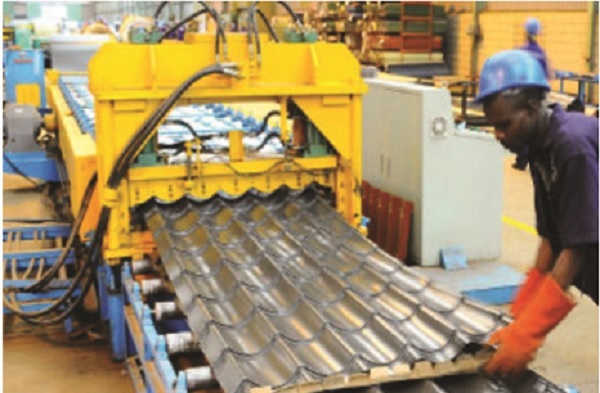
After reversing the deplorable state of the economy, the government needs to support local businesses
COMMENT | Martin F. Kyeyune | Manufacturing existed in Africa before the colonial rule. Africa made a wide range of essential goods it consumed, including food (this involved food preservation), shelter (involved the use of timber, cow dung, thatching grass, mud and reeds among others), health (involved the use of herbs for treatment), clothing (mainly used bark cloth, leather and woven wool), and metal products such as knives, farm implements, and complex pottery.
But the industrialisation in Uganda changed when, as a result of economic hardship in the 1890s that hit Britain, it sought raw materials and markets for its industries from its colonies.
The Uganda economy was pushed into a two-pronged strategy designed to increase exports of primary commodities to earn hard currency on one hand and reduce imports to save local hard currency.
By 1962 when Uganda became politically independent, the colonial state had already established key ‘dollar- earning’ and ‘dollar –saving’ industries.
The post-colonial Uganda government encouraged emergence of more local import substitution industrial infrastructure to provide essential consumer goods notably in the textile and sugar industry.
However, Uganda did not consider building on the existing rudimentary industries and instead imported a modernised approach to manufacturing. For many of the new modern industries, over 75% of all inputs were imported together with capital equipment and in many instances technical manpower. Only 25% was value added.
The government made little effort to integrate industrialisation with the available raw materials and indigenous resources. In other words, the local content and the savings that could result from local industrialisation, was lost.
Scope of local content
It is not in doubt that after 1986, the new Government of Uganda (National Resistance Movement) reversed the deplorable state of the economy by: ensuring peace and security and political stability across the country, ensuring a well-functioning economy led by the private sector and achieved through a series of fundamental economic policy reforms that included: currency reform, fiscal discipline, macroeconomic stability, privatisation of state owned enterprises and liberalisation of internal and external trade. This has promoted and restored investors’ confidence as seen by an increase in Foreign Direct Investment (FDI) and GDP growth of 7%.
Since 1987, the government of Uganda (assisted by development partners) has sought to change industrialise the economy. In a dynamic global village, however, there are fundamental factors that a country must emphasise as it industrialises. These factors include ensuring revenue factors for investors, expanding markets and promotion of FDI, and encouraging government procurement and local person spending.
To ensure revenue streams for the investors, the government has built a lot of physical infrastructure. It has promoted economic production and marketing, and built capacity of institutions; including market and public institutions.
Uganda, as a market has become very viable, as per capita income of the locals increased and Foreign Direct Investment flowed in. Labour has become more productive and Uganda has become economically integrated with other economies, and trade flows have increased.
Expanding markets and promotion of FDI is crucial; especially in creating a platform for exports from Uganda. To thrive, Uganda needs to gain economic influence over her trading partners through Ugandan outlets setting up in export destination markets such that goods manufactured in Uganda can easily be distributed in Ugandan-owned outlets. This distribution model creates market for local products beyond borders and exporting bulk products, such as furniture, as parts to be assembled in the targeted countries.
 The Independent Uganda: You get the Truth we Pay the Price
The Independent Uganda: You get the Truth we Pay the Price



